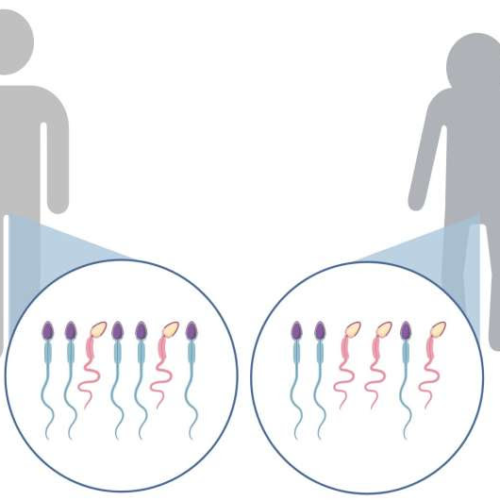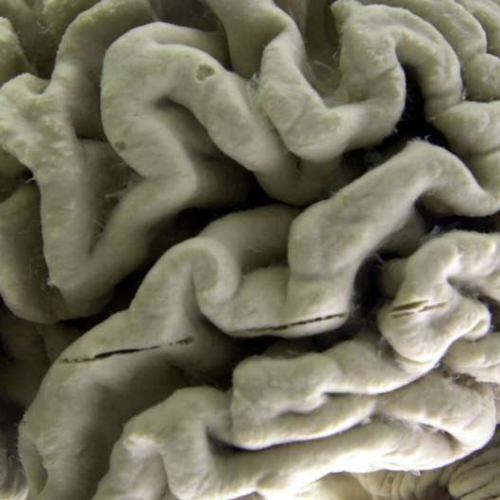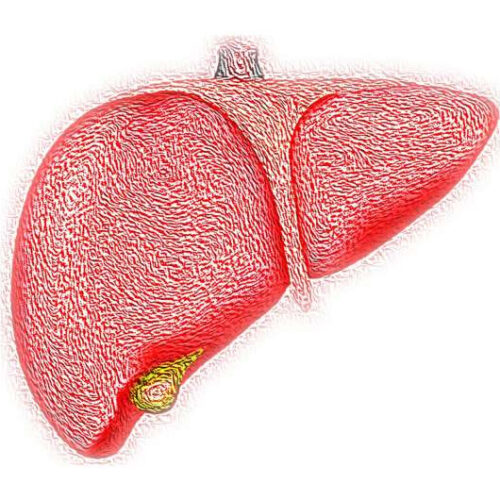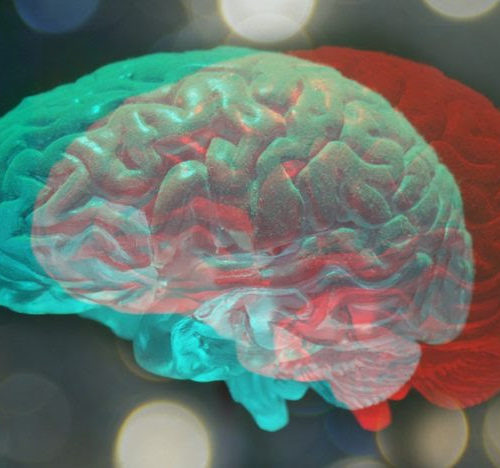by Oxford University Press Fathers. Credit: Irene Tiemann-Boege / Genome Biology and EvolutionA new paper in Genome Biology and Evolution finds that the link between paternal age and rare congenital disorders is more complex than scientists had previously thought. While researchers have long realized that older fathers are more likely to have children with bone and...
Tag: <span>new clues</span>
Silent brain changes precede Alzheimer’s. Researchers have new clues about which come first
by Lauran Neergaard A closeup of a human brain affected by Alzheimer’s disease, is displayed at the Museum of Neuroanatomy at the University at Buffalo in Buffalo, N.Y., on Oct. 7, 2003. According to findings published Wednesday, Feb. 21, 2024 in the New England Journal of Medicine, Alzheimer’s quietly ravages the brain long before symptoms...
Scientists discover new clues to liver cancer progression
by National University of Singapore Credit: Pixabay/CC0 Public Domain A team of researchers from the College of Design and Engineering, the N.1 Institute for Health and the Cancer Science Institute of Singapore at the National University of Singapore has recently engineered in vitro tumor models to better understand the crosstalk between liver cancer cells and...
Scientists uncover new clues about Parkinson’s disease
Tool developed at MIT simultaneously measures chemical and electrical brain signals, revealing unexpectedly complex relationship between brain signals. As the brain processes information, electrical charges zip through its circuits and neurotransmitters pass molecular messages from cell to cell. Both forms of communication are vital, but because they are usually studied separately, little is known about...




